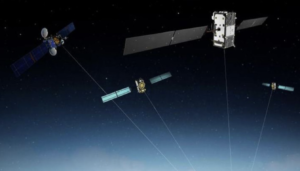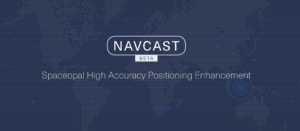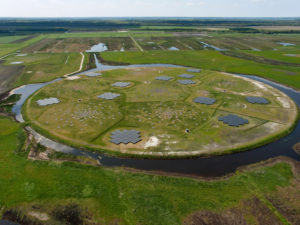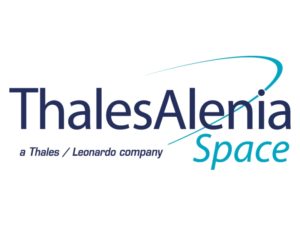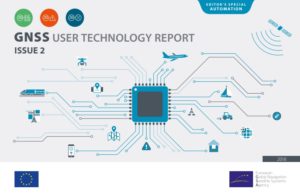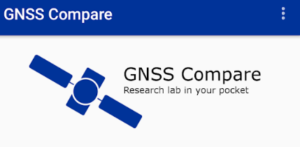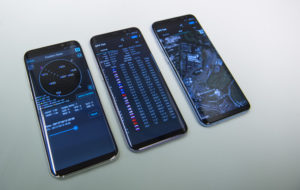Galileo Satellites GSAT0215, GSAT0216, GSAT0217, and GSAT0218, launched in December 2017, have been commissioned for operational use.
Since October 12, all Galileo satellites that were launched December last year are usable for service provision. NAGUs 2018023, 2018019, 2018020 and 2018018 announced the commissioning of Galileo satellites GSAT0215 (E21), GSAT0216 (E25), GSAT02017 (E27) and GSAT0218 (E31), increasing the number of satellites that are available for service provision to 18. Read more…

